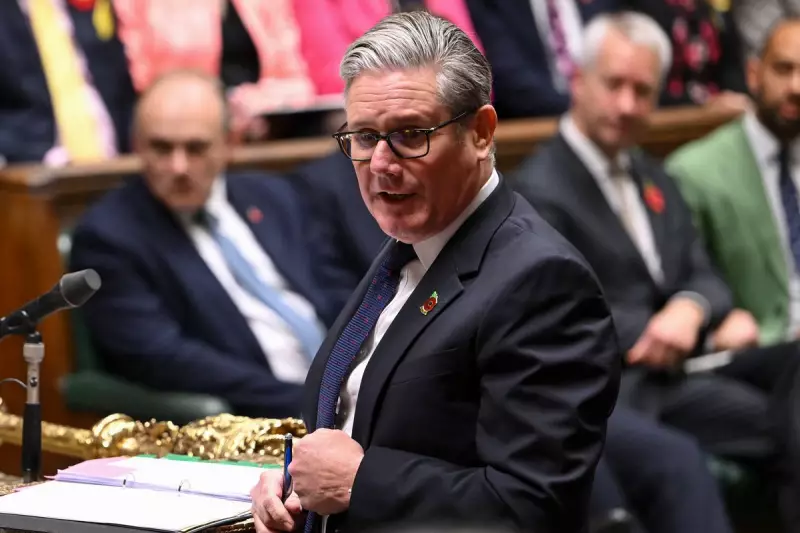
In a dramatic confrontation that signals early challenges for the new administration, Sir Keir Starmer faced direct criticism from one of Britain's most influential union leaders just days after becoming Prime Minister.
Christina McAnea, General Secretary of UNISON - the UK's largest union representing public service workers - publicly challenged the Labour leader over his approach to workers' rights, creating an immediate test for the fledgling government.
Union Demands Clarity on Employment Reforms
The tense exchange occurred during what was expected to be a routine meeting between the new Prime Minister and union representatives. Instead, McAnea used the platform to voice concerns that Labour might be backtracking on key manifesto commitments regarding employment law.
"We made it absolutely clear that watering down workers' rights was totally unacceptable," McAnea stated emphatically following the meeting. Her blunt remarks highlight the growing anxiety among trade unions about the pace and scale of promised reforms.
Labour's Balancing Act
The confrontation exposes the delicate balancing act facing Sir Keir Starmer's government as it attempts to satisfy both its traditional union supporters and business interests wary of radical employment law changes.
Key areas of concern for UNISON include:
- The timeline for implementing new employment rights
- Protections for workers in the gig economy
- Sick pay and holiday entitlement reforms
- Collective bargaining rights expansion
McAnea's intervention suggests that union patience is already wearing thin, despite Labour's landslide election victory.
What This Means for the New Government
This early clash demonstrates that the Labour government cannot take union support for granted. With UNISON representing over 1.3 million public service workers across the NHS, local government, and education sectors, their influence on policy implementation is substantial.
The Prime Minister's office has yet to issue a detailed response to McAnea's comments, but insiders suggest that the government remains committed to its workers' rights agenda while being mindful of economic constraints.
As the political honeymoon period begins, this public disagreement serves as a stark reminder that delivering on election promises often proves more challenging than making them.






